The Future of Electric Vehicles: Unlocking the Potential of Lithium Iron Phosphate Cathode Material Precursor
The Future of Electric Vehicles: Unlocking the Potential of Lithium Iron Phosphate Cathode Material Precursor.
In recent years, electric vehicles (EVs) have gained significant attention as a sustainable alternative to traditional internal combustion engine vehicles. As the world continues to prioritize environmental sustainability, the demand for EVs is expected to grow rapidly. However, a key challenge that manufacturers face is the limited range and long charging time of current EV batteries. To address this issue, researchers and engineers have been exploring various materials and technologies to enhance battery performance. One promising solution lies in the use of lithium iron phosphate (LiFePO4) as a cathode material precursor, which holds the potential to unlock the future of electric vehicles.
The idea of using LiFePO4 as a cathode material precursor stems from its unique properties. LiFePO4 has a high energy density, excellent thermal stability, and a long cycle life. These properties make it an ideal candidate for improving the performance of EV batteries. The high energy density of LiFePO4 allows for a greater storage capacity, enabling EVs to travel longer distances on a single charge. Moreover, its excellent thermal stability reduces the risk of thermal runaway, which is a major safety concern in lithium-ion batteries. Lastly, the long cycle life of LiFePO4 ensures its durability, enabling EV batteries to have a longer service life.
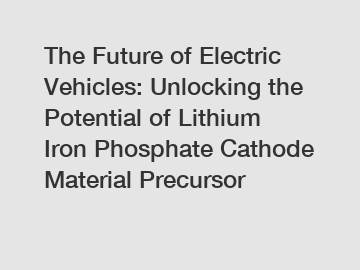
The potential of LiFePO4 as a cathode material precursor has been extensively studied and proven in the field of battery technology. Numerous research studies and commercial applications have demonstrated the superior performance of LiFePO4-based batteries compared to traditional lithium-ion batteries. LiFePO4-based batteries have shown faster charging capabilities, increased lifespan, and improved thermal stability. These findings solidify the significance and potential impact of LiFePO4 in unlocking the future of electric vehicles.
Additional resources:What glue is best for vinyl flooring?
What is RDP Powder Used For?
What is sodium acetate trihydrate used for?
Xylitol vs. Erythritol, What Are You Concerned about?
How To Choose The Effective Multipurpose Spray Adhesives?
What is the physical state of 2 Bromoethyl benzene?
Sodium Bicarbonate for Pools: Why You Should Put It in Your Swimming Pool?
The adoption of LiFePO4 as a cathode material precursor holds substantial benefits for the future of electric vehicles. Firstly, it would enable EVs to have a longer driving range, addressing the range anxiety concern among potential EV buyers. With a greater storage capacity, EV owners would have the confidence to embark on longer journeys without the fear of running out of battery. This increased range would facilitate the wider acceptance and adoption of EVs, leading to a significant reduction in greenhouse gas emissions from the transportation sector.
Secondly, the use of LiFePO4 cathode material would result in faster charging times for EVs. With the current long charging times, EV owners often face inconvenience and limited access to charging stations. By utilizing LiFePO4, EVs could be charged at a much faster rate, similar to refilling traditional gasoline vehicles. This would make EVs more convenient and practical for everyday use, further incentivizing consumers to transition to electric vehicles.
In conclusion, the future of electric vehicles lies in the potential of lithium iron phosphate (LiFePO4) as a cathode material precursor. Its unique properties, including high energy density, excellent thermal stability, and long cycle life, make it a promising solution to enhance battery performance. Extensive research and commercial applications have demonstrated its superiority over traditional lithium-ion batteries. The adoption of LiFePO4 cathode material holds the key to unlocking longer range, faster charging times, and ultimately, a sustainable future for electric vehicles.
For more lithium iron phosphate powder, Lithium iron Phosphate Cathode Material Precursor, Tsaker new energyinformation, please contact us. We will provide professional answers.
Additional resources:Nano Silver: A Revolutionary Answer to Healthcare and Beyond
What is thymol crystals?
Hydroxyethyl Cellulose (HEC): A Versatile Wonder in Modern Industry
what is dexpanthenol?
Are Biodegradable Plastic Bags the Solution to Environmental Concerns?
What is The Difference Between Caustic Soda Pearls and Caustic Soda Flakes?
Understanding PROTAC: A Breakthrough in Targeted Protein Degradation
199
0
0
Related Articles
-
287
0
0
-
300
0
0
-
288
0
0
-
267
0
0
-
287
0
0
-
298
0
0
-
290
0
0
-
285
0
0



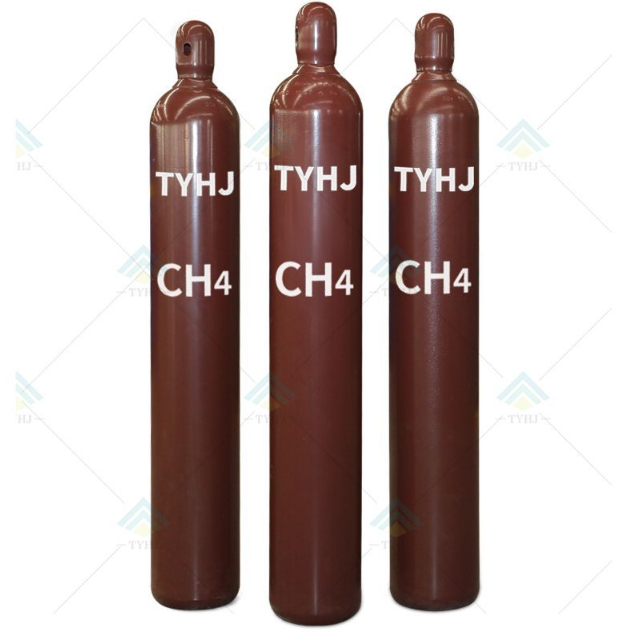

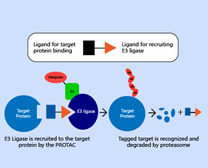
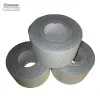
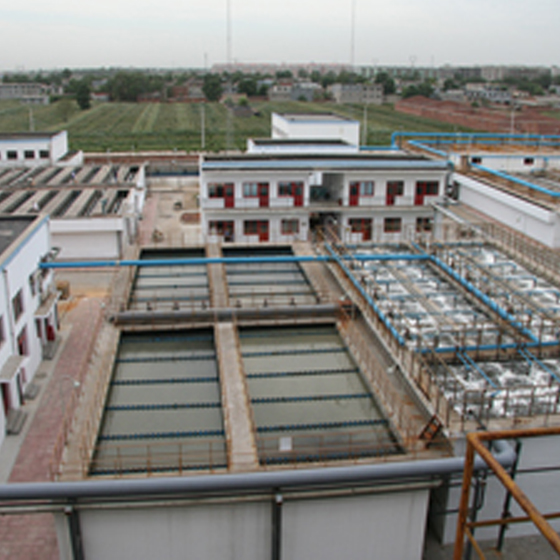

Comments
All Comments (0)